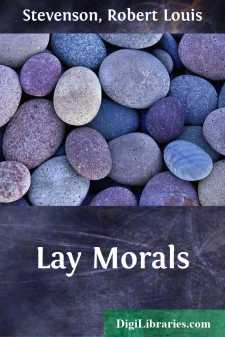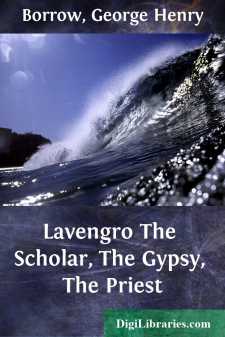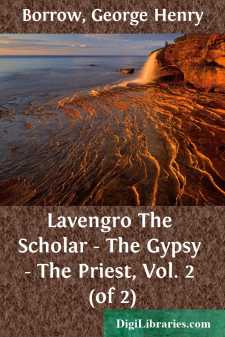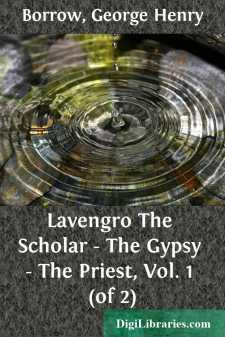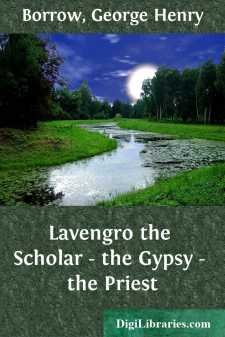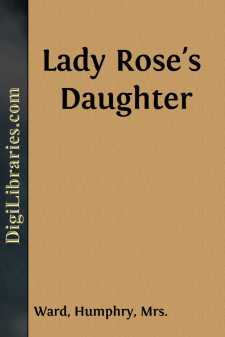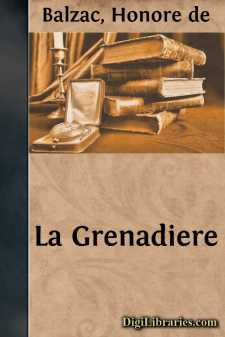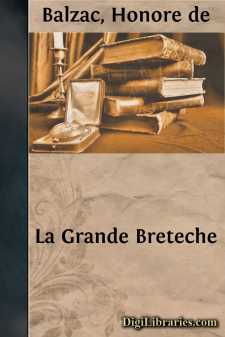Literary Collections
- American 84
- Ancient, Classical & Medieval 14
- Asian 1
- Australian & Oceanian 1
- Canadian 55
- Continental European 121
- English, Irish, Scottish, Welsh 179
- Essays 160
- General 24
- Letters 46
- Middle Eastern 1
Literary Collections Books
Sort by:
by:
Jenny Wren
CHAPTER I. ON LOVE."Love is of man's life a thing apart;'Tis woman's whole existence."So sings the poet, and so agrees the world. Humiliating as it is to make the confession, it is undeniably true. "Men and Dress are all women think about," cry the lords of creation in their unbounded vanity. And again, we must submit—and agree—to the truth of the accusation; at any...
more...
In our long voyage on the yacht Casco, we visited many islands; I believe on every one we found the scourge of leprosy. In the Marquesas there was a regular leper settlement, though the persons living there seemed free to wander where they wished, fishing on the beach, or visiting friends in the villages. I remember one afternoon, at Anaho, when my husband and I, tired after a long quest for...
more...
In the following pages I have endeavoured to describe a dream, partly of study, partly of adventure, in which will be found copious notices of books, and many descriptions of life and manners, some in a very unusual form. The scenes of action lie in the British Islands;—pray be not displeased, gentle reader, if perchance thou hast imagined that I was about to conduct thee to distant lands, and didst...
more...
CHAPTER XLIX Singular Personage—A Large Sum—Papa of Rome—We are Christians—Degenerate Armenians—Roots of Ararat—Regular Features. The Armenian! I frequently saw this individual, availing myself of the permission which he had given me to call upon him. A truly singular personage was he, with his love of amassing money, and his nationality so strong as to be akin to poetry. Many an...
more...
There have been many Romany Ryes, or “Gypsy Gentlemen,” as Gypsies designate those who, though not of their race, yet have loved that race, and have mastered the Romany tongue. The first is one of the oddest—Andrew Boorde (c. 1490-1549). Carthusian, traveller, physician, and, perhaps, the original Merry Andrew, he got into trouble over certain delinquencies, and died a prisoner in the Fleet...
more...
NOTES UPON GEORGE BORROW. I. Borrow as a Splendid Literary Amateur. There are some writers who cannot be adequately criticised—who cannot, indeed, be adequately written about at all—save by those to whom they are personally known. I allude to those writers of genius who, having only partially mastered the art of importing their own individual characteristics into literary forms, end their...
more...
by:
Humphry Ward
I "Hullo! No!--Yes!--upon my soul, it is Jacob! Why, Delafield, my dear fellow, how are you?" So saying--on a February evening a good many years ago--an elderly gentleman in evening dress flung himself out of his cab, which had just stopped before a house in Bruton Street, and hastily went to meet a young man who was at the same moment stepping out of another hansom a little farther down the...
more...
by:
Honore de Balzac
LA GRENADIERE La Grenadiere is a little house on the right bank of the Loire as you go down stream, about a mile below the bridge of Tours. At this point the river, broad as a lake, and covered with scattered green islands, flows between two lines of cliff, where country houses built uniformly of white stone stand among their gardens and vineyards. The finest fruit in the world ripens there with a...
more...
by:
Honore de Balzac
LA GRANDE BRETECHE "Ah! madame," replied the doctor, "I have some appalling stories in my collection. But each one has its proper hour in a conversation—you know the pretty jest recorded by Chamfort, and said to the Duc de Fronsac: 'Between your sally and the present moment lie ten bottles of champagne.'" "But it is two in the morning, and the story of Rosina has...
more...
PREFACE Seneca, the favourite classic of the early fathers of the church and of the Middle Ages, whom Jerome, Tertullian, and Augustine speak of as "Seneca noster," who was believed to have corresponded with St. Paul, and upon whom [Footnote: On the "De Clementia," an odd subject for the man who burned Servetus alive for differing with him.] Calvin wrote a commentary, seems almost...
more...



